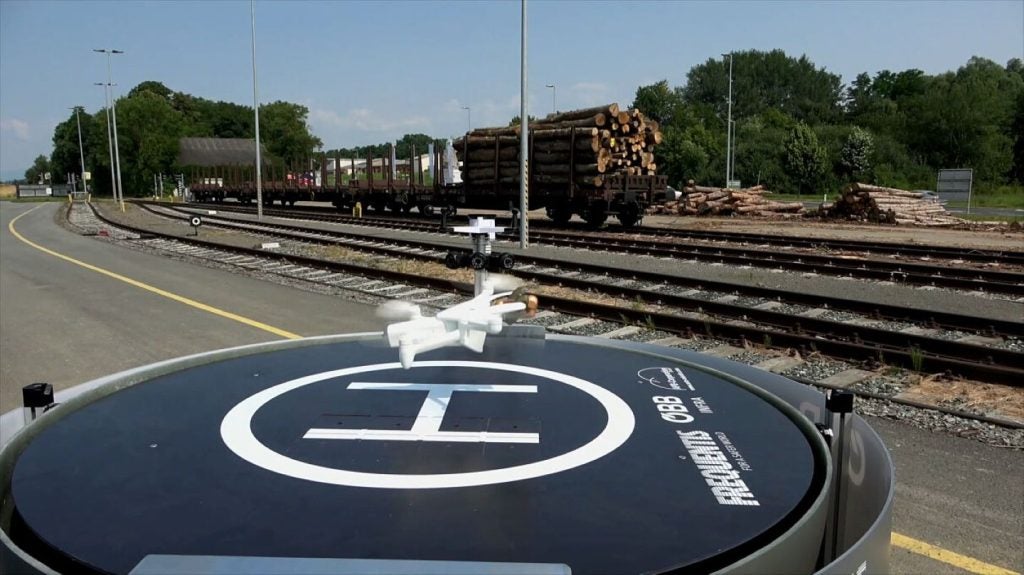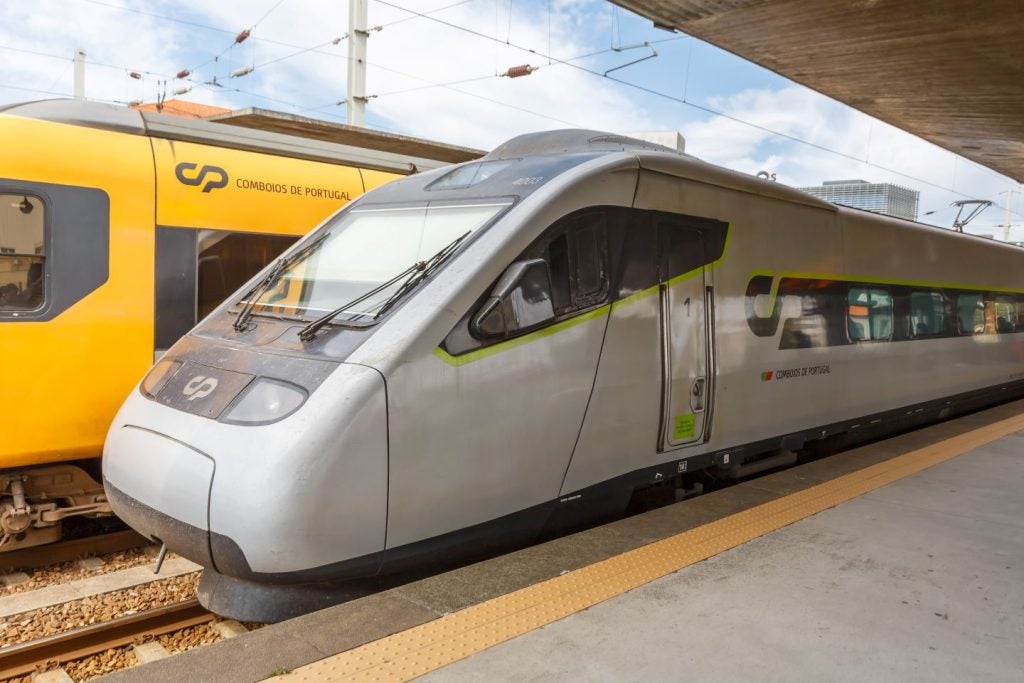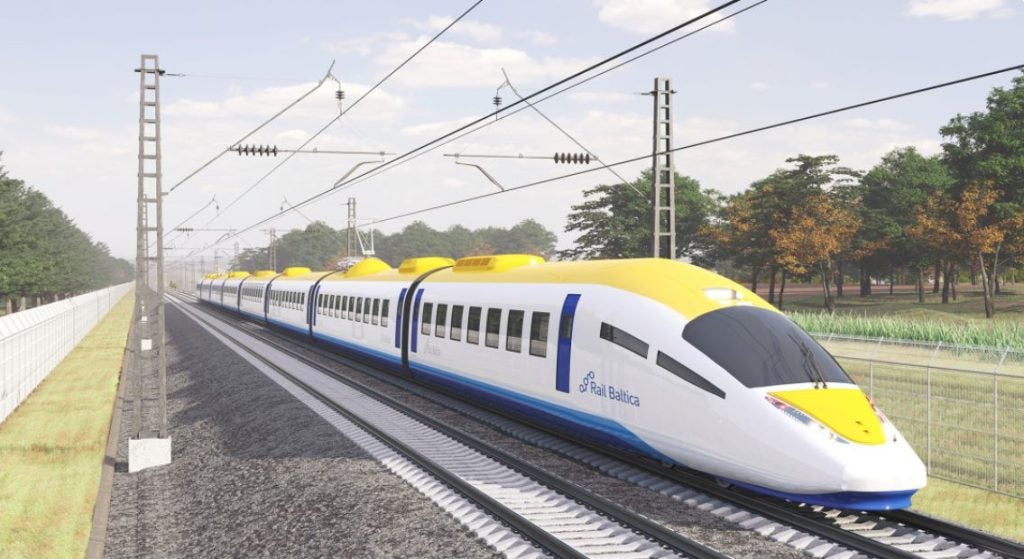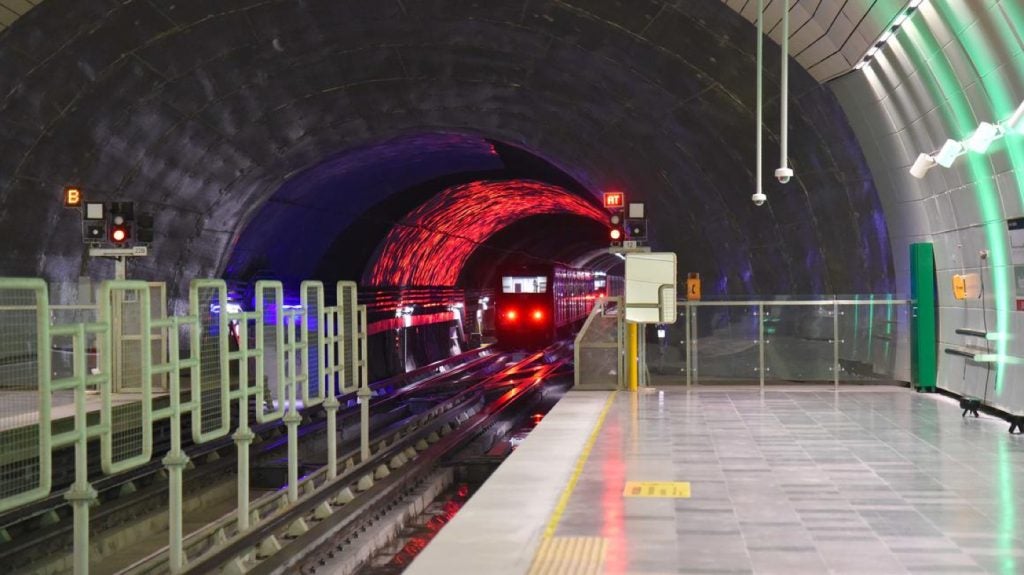Austrian Federal Railway (ÖBB) has announced a project with Frequentis to use drones across its network for route inspections.
ÖBB is the first European railway to have received approval for the use of drones for rail track safety inspections. The rail infrastructure manager will build "drone garages" along its routes, so the tools can be deployed quickly during an incident.
According to ÖBB, drones will aid in emergencies and reduce the need for human intervention. Traditionally, the tracks were closed for emergency inspections and ÖBB-Infrastructure experts were sent out to walk the tracks.
Video in German:
Johann Pluy, board member of ÖBB-Infrastructure AG, emphasised the time-saving benefits the rail network can expect through drone usage.
Pluy said: “The use of drones for route inspection is an important building block for the digital railway of tomorrow.
“Especially in difficult-to-access terrain, we can get a precise overview of the situation and necessary measures in a time-saving manner. Our customers benefit from this.”
Instead of sending workers on foot across inaccessible terrain or slippery slopes, drones will be dispatched from a drone garage. They fly over the designated route and directly relay photos of the route's condition.
Through progress in miniaturisation, drone usage has increased. As reported by GlobalData thematic intelligence forecasts, drones will become a $90bn market by 2030.
GlobalData forecast the market share of commercial drones will increase from 34% in 2021 to 64% in 2030.
The project was carried out in close collaboration with Frequentis and with the assistance of Austro Control.
Norbert Haslacher, CEO of Frequentis added: “The hangar-based drone flights are the technological answer to the rapidly growing drone ecosystem. Frequentis has developed a highly automated solution that can be fully integrated into control centers and workstations of large infrastructure companies and is easy to use for our customers’ employees".
“We are proud to be doing pioneering work together with ÖBB and to have helped make the first approval of this kind possible for our partner in Europe.”













